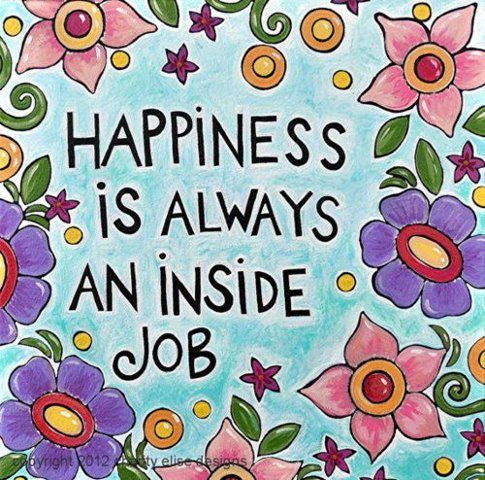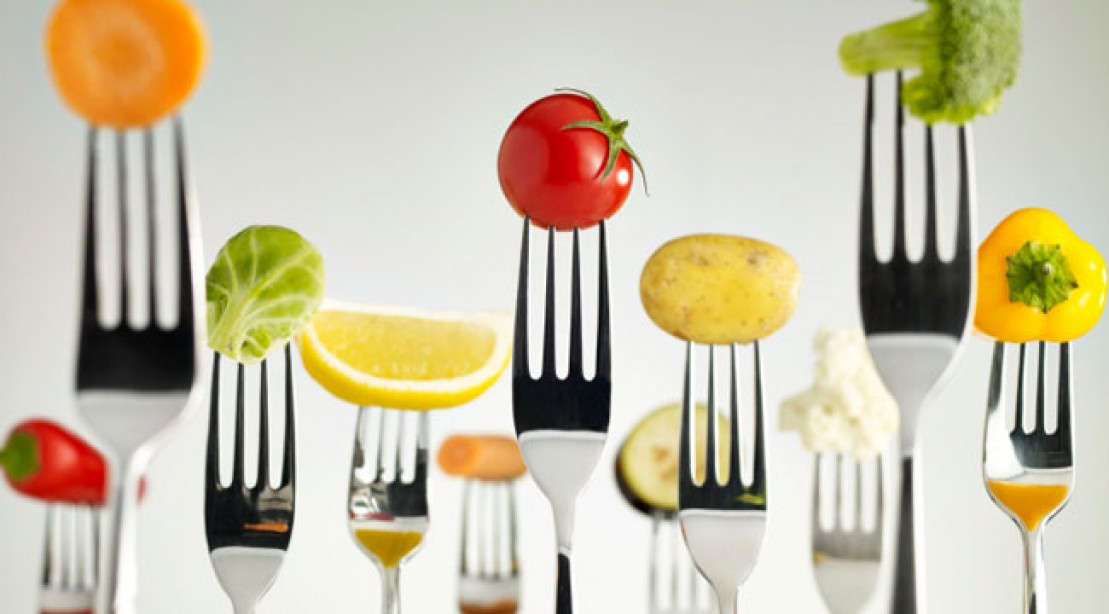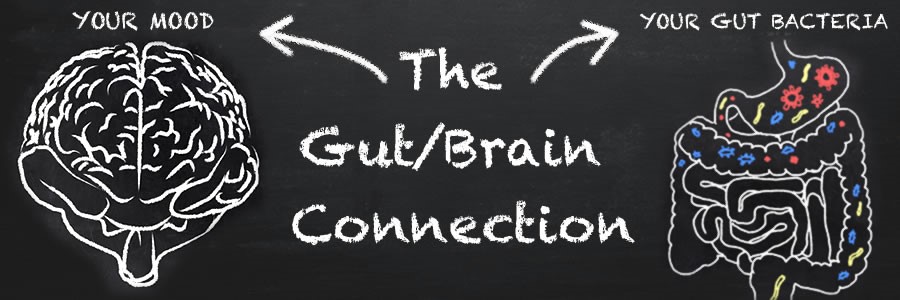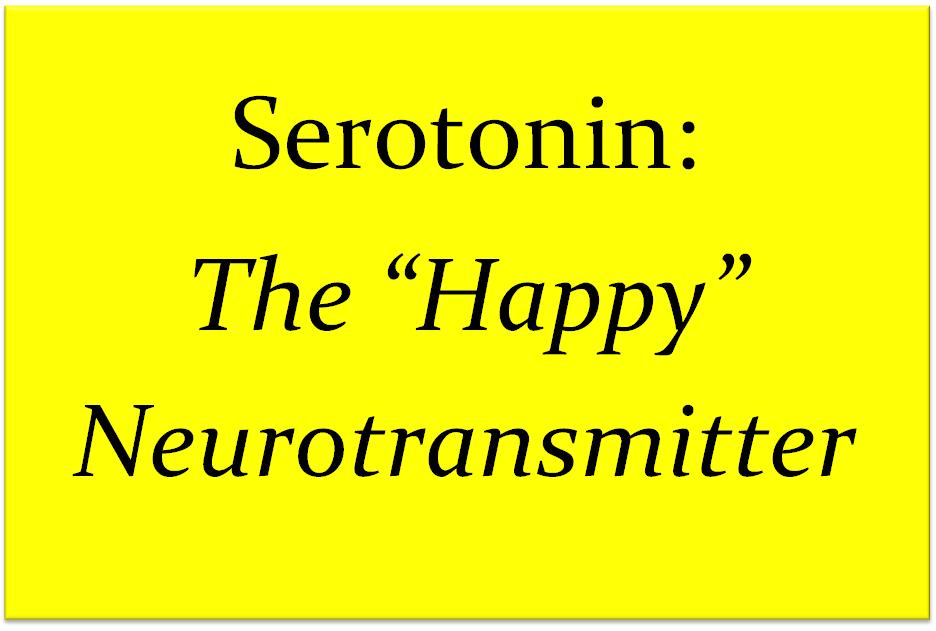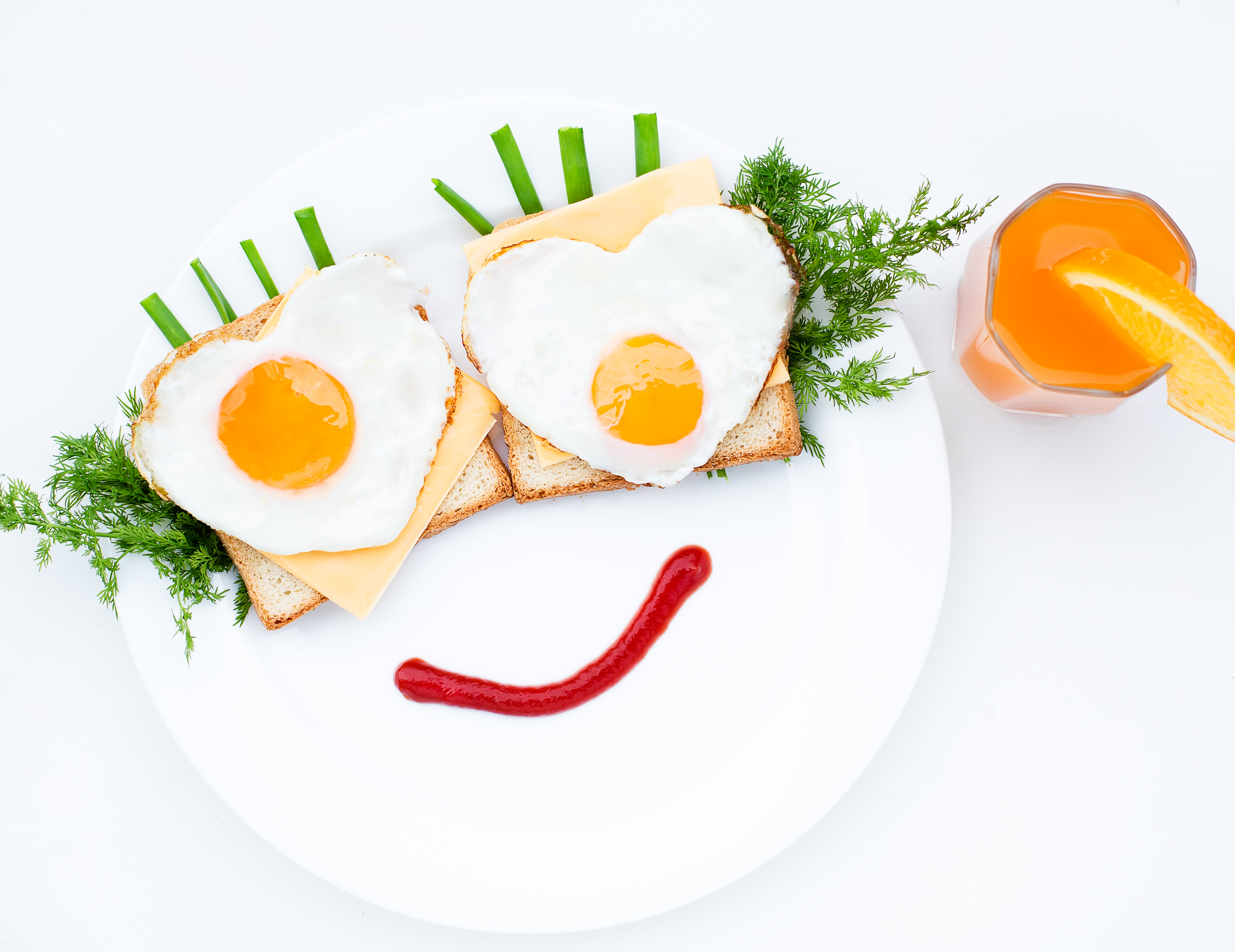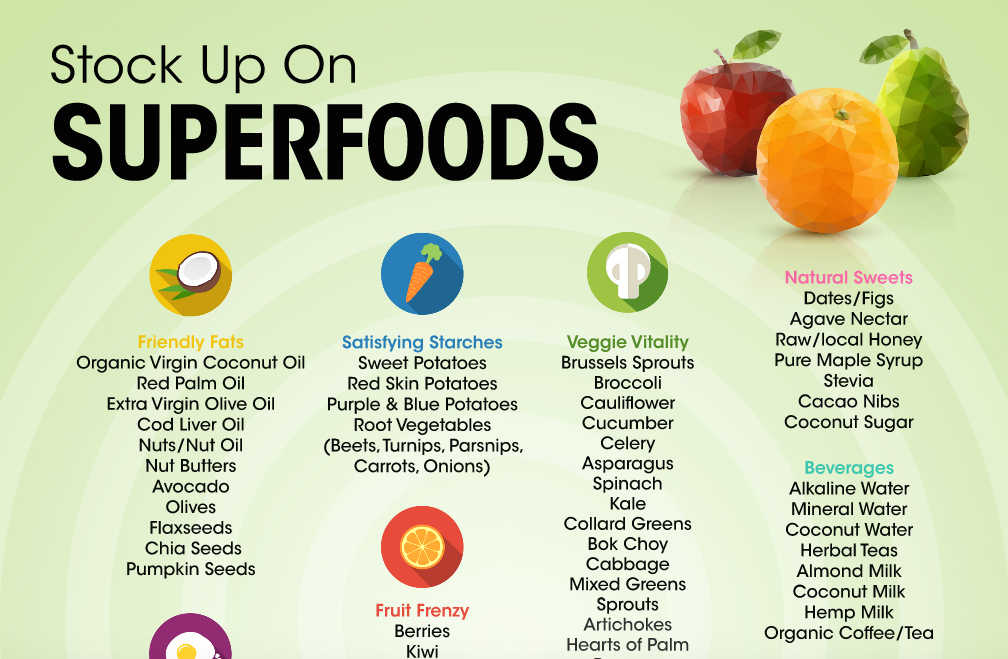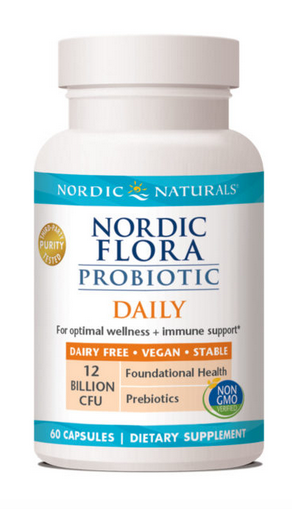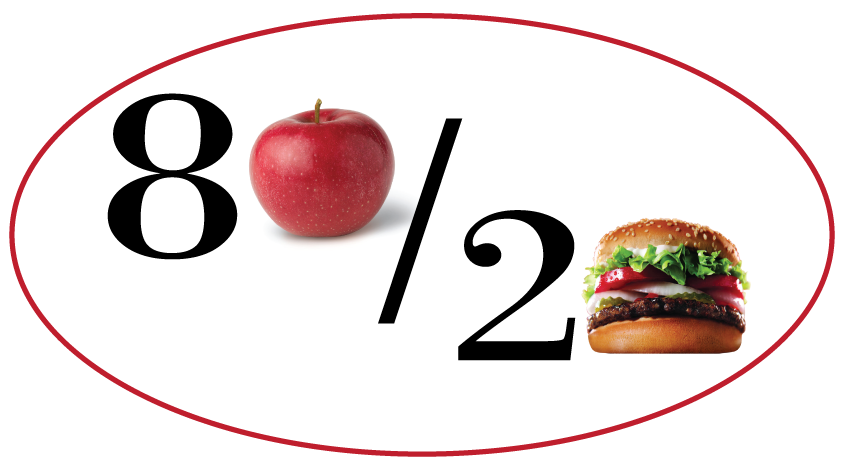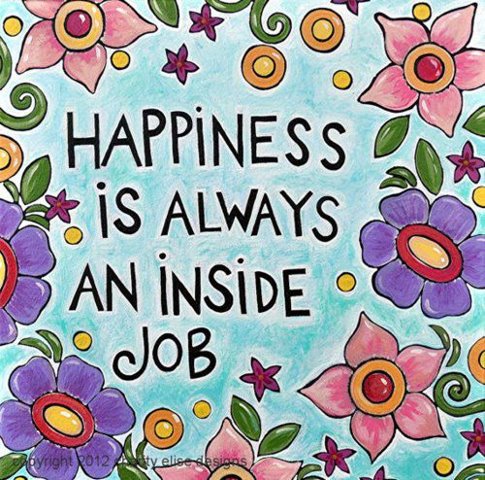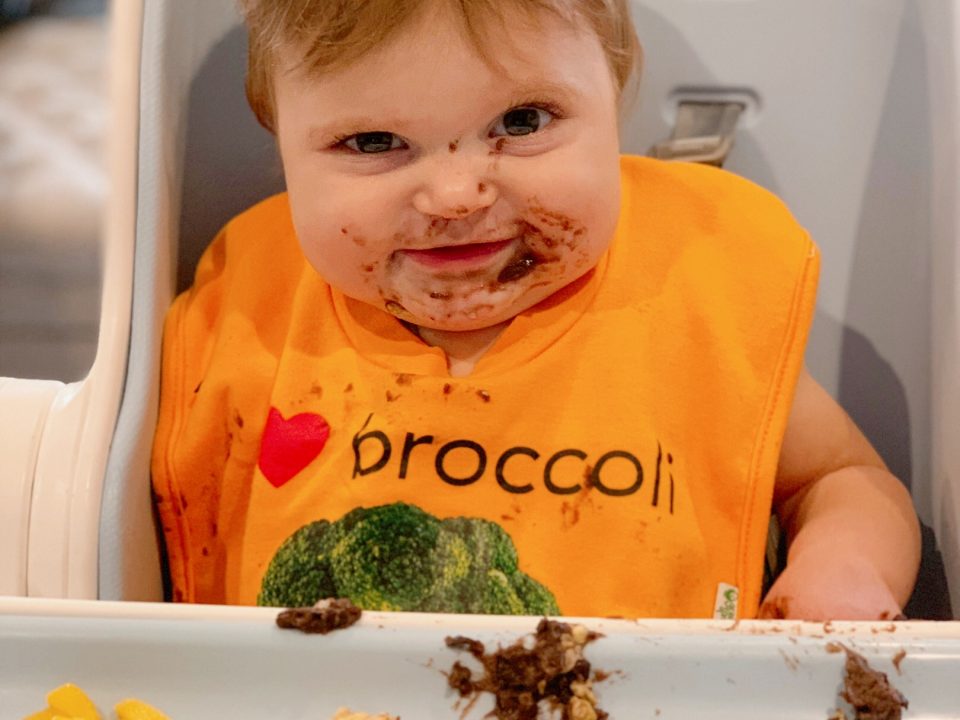
Is Eating Healthy Really More Expensive?
July 24, 2017
The Mindful Networker
August 9, 2017Twenty- three hundred years ago, Aristotle concluded that, more than anything else, men and women seek happiness. And even though we are surrounded by more luxuries and opportunities than ever before—we are actually less happy.
Stats & Facts Surrounding Happiness
- According to the Harvard Business Review, the number one reason employees leave their job is because they are unhappy.
- Happy employees are 12% more engaged.
- Happiness leads to greater performance, productivity, creativity, and life purpose.
- Happy people are better workers and tend to work harder and smarter.
- 121 Million people around the world consider themselves unhappy.
- The rate of depression increases by 20% each year.
- Areas with higher rates of depression have high rates of obesity, heart disease, stroke, and sleep disorders.
As a professional speaker on mindful living, happiness, and performance, I have been on a hunt all around the world to find what truly makes people happy.
And what I have found is that happiness doesn’t live on a beautiful island, retreat center or in a best- selling book. In fact, most “self happiness” books state at the very last page, “there is no simple formula for finding happiness.” Excuse me. What? So you mean, I just read this entire book for nothing?
Yes, because happiness is an emotion and a feeling. No one person or one thing can give us happiness because we create it. We don’t “find” happiness–we live happiness.
So what’s the secret to happiness? How do we live a happier and more purposeful life?
Drumroll please….
Food.
Food is our direct path to not only a healthy life, but a happy life. We are all hungry for happiness. It’s our greatest desire.
When we eat well, we feel good. The better we feel, the happier we are. The happier we are, the more engaged we become. The more engaged we become, the more purposeful our life will be.
- Employees who eat healthy are 25% more likely to have higher job performance.
- Employees are 10% more engaged when provided healthy food options, 18% more engaged when provided time for healthy activities.
Now we know that food is important. It’s one of the biggest things we have in common—we all eat! Food is our universal language. Everything in this world is centered on food when you think about it–birthdays, anniversaries, weddings, football games, Superbowl, etc.
In our lifetime we will probably have more than 70,000 meals.
“Food is our common ground, a universal experience.”
— James Beard
One of the biggest reasons I became a Registered Dietitian is because I wanted to teach people how to live healthy without giving up the things that make them happy. I also wanted to teach people how to live and eat their way to happiness through food. However, this kind of happiness is bigger, better, deeper than the happiness one gets from eating a piece of chocolate cake. Eating a piece of cake may bring us instant gratification but it won’t give you long-term health and happiness.
The happiness I’m talking about comes deep from within. In fact, it’s actually made in the gut. Did you know that the gut is actually known as our second brain and plays a role in how we think, act, and feel? And in order to feel happy the body must produce serotonin, also known as our “happy molecule.” When released, this neurotransmitter makes us feel happy and satisfied.
Serotonin is a monoamine neurotransmitter that increases feelings of happiness and contentment. Serotonin is also responsible for efficiency of food digestion and mood regulation. Serotonin in the gut causes peristalsis (rhythmic contractions) to occur, aiding in digestion. Healthy digestion means you have the ability to breakdown food and absorb it.
Low serotonin levels are linked with depression, anxiety, difficulty sleeping and increased appetite. A variety of popular anti-depressants are called Serotonin-Specific Reuptake Inhibitors (SSRIs) — these are well known drugs like Prozac, Celexa, Lexapro, Zoloft, etc. Of course these medications are necessary for many people, but keep in mind that with any medication comes long-term side effects.
The majority of the body’s serotonin, between 80-90%, is made in the gut (GI Tract). The rest is manufactured in the brain from external factors/things, feelings, relationships, and sunlight.
Did you know that 80% of your immune system is located in your gut? Which means getting your gut healthy is important for the prevention of virtually all disease, both mental and physical.
A healthy gut makes a healthy immune system and a healthy immune system keeps us happy long-term.
A study published this month in the journal BioEssays finds that your gut microbes may influence your cravings based on the nutrients they need to thrive. (The more you eat processed and refined foods that cause bad bacteria to thrive—the more you crave it). Another study suggests bacteria in your bowel could influence your personality traits and mood, which may help explain why up to 80 percent of people with irritable bowel syndrome suffer from depression and anxiety.
Another key piece to this is melatonin, also known as our sleep hormone. Melatonin is typically produced when the pineal gland is stimulated by direct sunlight. But a large part of melatonin is made in the gut by serotonin.
Since Serotonin is a precursor for Melatonin, serotonin deficiencies can lead to sleep disorders and insomnia. Because melatonin helps the body to fall and stay asleep, it plays a big role in getting the body into the last stage of sleep called rapid eye movement or REM. It’s during REM where the brain heals itself and washes away a protein molecule that can lead to poor brain health and Alzheimer’s. Getting more REM sleep contributes to better mood and overall happiness. A good night’s sleep can also produce a hormone called leptin, which makes us feel more satisfied and less likely to overeat. When the body doesn’t get enough sleep it produces a hormone called ghrelin that makes us crave high-fat, high-carb foods.
So if happiness is made in the gut, how do you make the gut healthier?
Well with Happy Superfoods of course. Why? Because happy foods make happy people. And happy foods are real foods that are not only healthy but are also very satisfying– bringing us long-term pleasure.
The thing is that serotonin isn’t found in foods. Serotonin is derived from tryptophan, which is a protein connected with mood function. While high-tryptophan foods won’t boost serotonin on their own, you can pair it with carbs to give you a serotonin boost.
There’s no coincidence that we have the highest rates of depression and the most popular diet is low-carb, high protein.
This is why including a balance of nutrients in your life is essential for boosting serotonin versus following a diet or restricting certain foods. Food restriction of any kind is not healthy and will not bring you long-term happiness; in fact it may do just the opposite.
Serotonin Boosting Foods
Eating a variety of these foods can help you naturally boost serotonin.
Fermented foods can also help to balance our gut bacteria and aid in serotonin production. Fermented foods include sauerkraut, kimchi, kombucha, miso, apple cider vinegar, organic/skyr yogurt, and kefir.
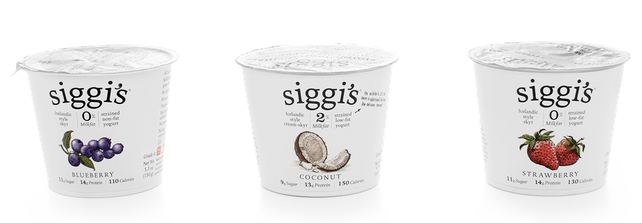
Top Gut Friendly Foods
- Ginger
- Turmeric
- Mint leaves
- Licorice root
- Organic coconut
- Organic virgin coconut oil
- Chlorella/spirulina
- Wheatgrass
- Raw apple cider vinegar
- Fermented foods
Processed, refined foods in general will destroy healthy microflora and feed bad bacteria and yeast, so limiting or eliminating these from your diet should be at the top of your list.
Serotonin Lowering Foods
- Non-organic meat and dairy products
- HFCS (high fructose corn syrup)
- GMOs (genetically modified organisms)- made with toxic herbicides
- MSG (monosodium glutamate)
- Synthetic colors
- Artificial or “natural” flavors and sweeteners
- Gluten from processed wheat products
- Antibiotics
- Medications/anti-inflammatories (Tylenol, Advil, Ibuprofen, etc)
- DPA (diphenylamine) – the wax coating on apples
- Chlorine and fluorine found in tap water
- Potassium bromate in bread
- Anything you can’t pronounce or don’t know where it comes from.
Of course, food is important to our long-term happiness but so are the how, what, and when we eat.
Food is social and as mentioned earlier, it is our universal language. Food brings people together and can provide deeper, more meaningful relationships.
“We don’t remember the things we buy, but we remember the meals we eat and whom we eat them with.”
Of course we wish we could eat these serotonin boosting superfoods all of the time, but we also have to understand that having balance when it comes to food and socializing is important as well. Especially when the other 10-20% of overall serotonin is manufactured in the brain from external factors like our relationships and social interactions. And pretty much every social occasion involves food.
- Movies and popcorn
- Dinner and a movie
- Football and Burgers
- Wedding and cake
- Wine and cheese
- Coffee & conversation
- Christmas & cookies
And no one wants to give these social experiences up.
A key factor to long-term sustainable weight loss is recognizing that it must be done through pleasure.
So we need to learn how to live healthy and still have a social life. I believe the secret to unlocking happiness comes down to one simple rule. The 80/20 rule. It’s not about being perfect; it’s about being better. It’s not about giving up the things that make you happy, it’s about making your food choices count.
The 80/20 rule lets us live a healthier life without giving up the things that make us happy. It also allows us to fully enjoy the experience of eating and be more mindful about our choices.
Keep in mind, that your environment is a very important part of developing these healthier eating habits. Did you know that you are the average of the five people you surround yourself with the most? Be the leader!
Also, allow yourself to give in just a little bit for the sake of others and look at the bigger picture. If your Mother in law makes you her famous chicken pot pie loaded with lots of butter, fat, and unhealthy ingredients, determine what is more important before saying no. The 80/20 rule gives you room to indulge a bit for the good of the relationship. One meal of splurging won’t ruin your long-term health goals. I come from a big Lebanese family where food is definitely the center of every occasion. We get pleasure by feeding people because food is love and it’s meant to be shared.
Happiness is homemade. It’s made in the kitchen and it’s made in the gut. Start cooking more meals at home and eat more superfoods found in the center two green circles of the food target.
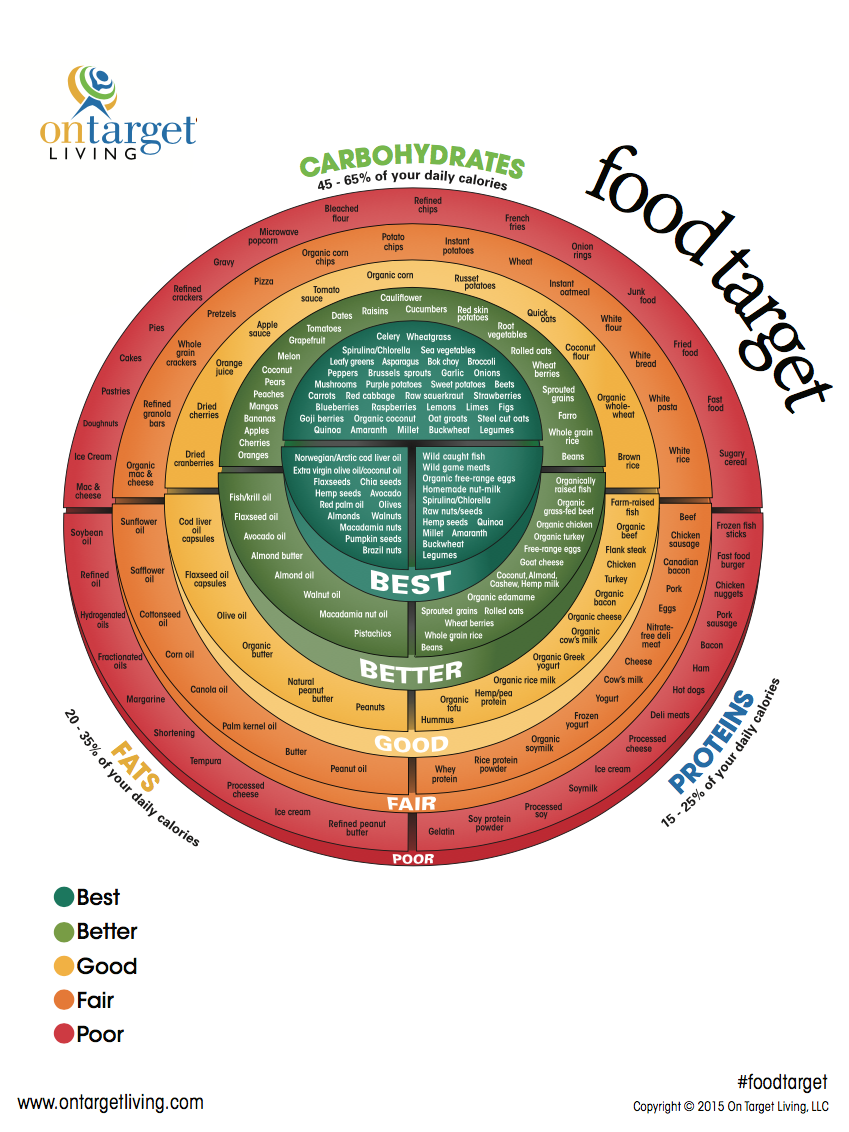
What we all have in common is our desire for lasting health and happiness. And the coolest part is that the magic is within us. Happiness begins when you start feeling it.
“Seeking happiness outside ourselves is like waiting for sunshine in a cave facing north.”
–Tibetan Proverb
The single biggest input you have on your health, by far, is what you eat. And without your health, what else do you have? It’s time to live a healthy and happy life because you are worth it!

